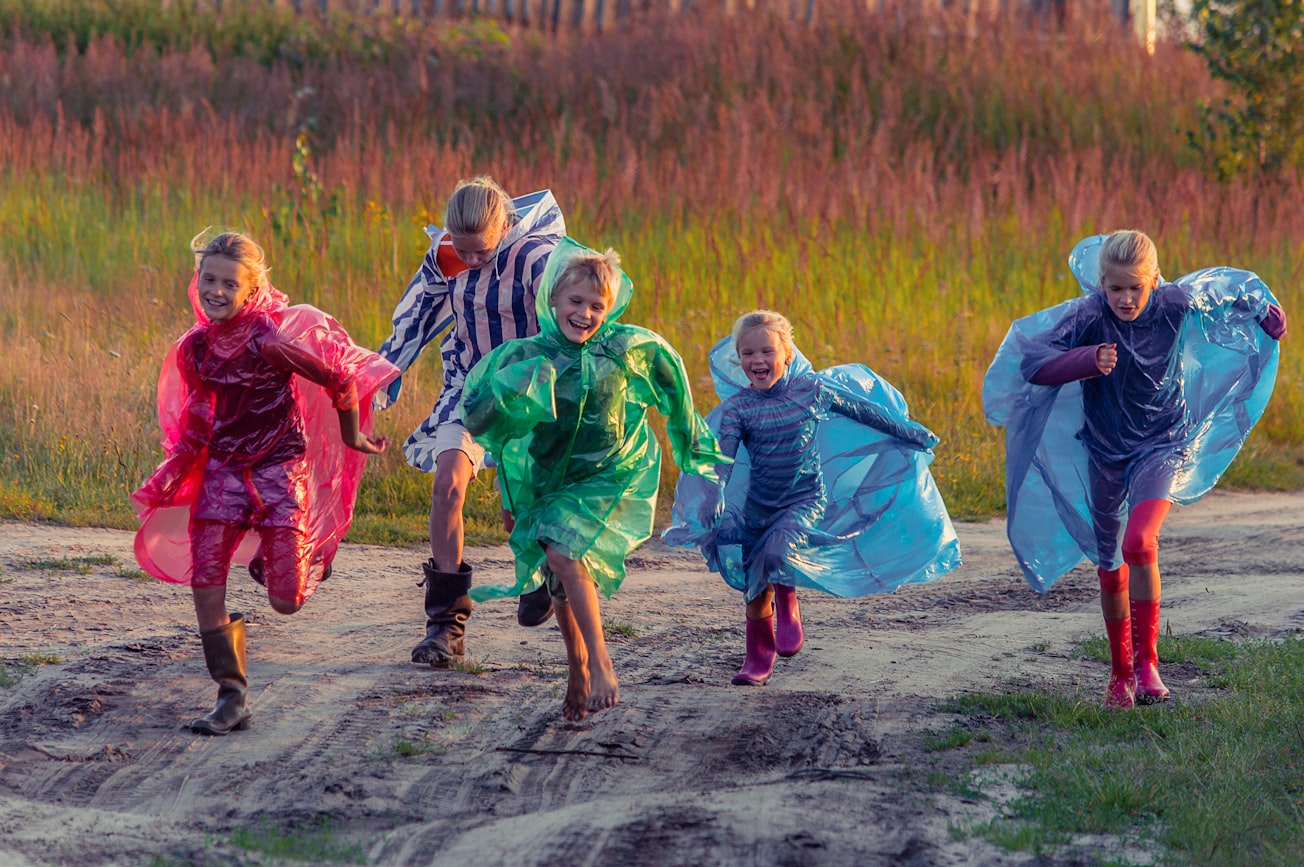What is it about?
We want every child to have a positive school life experience, so we asked a diverse group of Year 4-6 (Grade 4-6) students who are Deaf and Hard of Hearing (DHH), their parents, teachers and other people who support students who are DHH, to help us achieve this. This group of parents, teachers and students who are DHH co-designed a resource with us to support the social-emotional well-being of students who are DHH. We then tested the web-based resource co-developed with this group, with a larger group of DHH students, their parents and teachers. They reported that they found this resource helpful.
Featured Image

Photo by Vitolda Klein on Unsplash
Why is it important?
The social-emotional well-being of students who are DHH matters. Co-designing resources to help improve well-being and school experiences with students, their parents, teachers and other supporters, will help to ensure the resources are more useful and relevant for students, and more likely to be used.
Perspectives
No resource should be developed without the involvement of the intended users. This is particularly important when the resource is intended to support young people with additional needs. We learnt much about the process of co-designing with young people who are DHH and the adults who support them. Dr Lisa Patterson, our project coordinator sadly passed away before the project was completed. It was challenging to maintain Lisa’s momentum and complete this project successfully. We were deeply committed to completing this publication to share our learning with others working with students who are DHH, their families and their supporters. We dedicate this article to the late Dr Lisa Patterson. [These perspectives written jointly by Professor Donna Cross OAM and Dr Yuriko Kishida]
Dr Yuriko Kishida
Telethon Kids Institute
Read the Original
This page is a summary of: Supporting the Social–Emotional Well-Being of Elementary School Students Who Are Deaf and Hard of Hearing: A Pilot Study, Language Speech and Hearing Services in Schools, October 2022, American Speech-Language-Hearing Association (ASHA),
DOI: 10.1044/2022_lshss-21-00178.
You can read the full text:
Contributors
The following have contributed to this page







